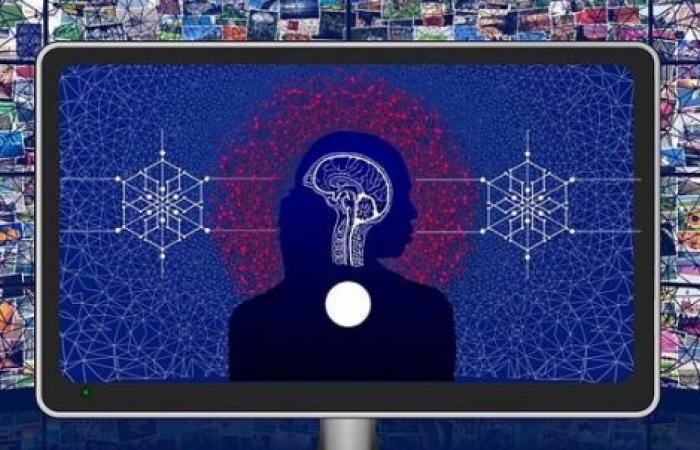For years, technologies have made it possible to produce false images or false recordings. However, generative artificial intelligence (GenAI) has revolutionized this field by making these creations easy, fast and uncannily similar. This advance poses a major challenge to copyright. A headache, even for ChatGPT…
As of April 2023, a song titled “Heart on My Sleeve” attributed to Drake and The Weeknd has attracted over 15 million views on social media and 600,000 plays on Spotify. However, neither artist was aware of this song, created by AI. This example illustrates AI's ability to generate original content, blurring the lines between human and machine creation.
When is AI a mere tool and when does it become an author? The beginning of a response was given on August 18, 2023, when an American court ruled that human creativity is essential to copyright. However, he also acknowledged that the growing use of AI to create works of art raises complex questions about the use of AI…
Also in the United States, the Copyright Office launched an initiative in 2023 to examine these issues. At the end of July 2024, he published a very detailed 72-page report (and this is only the first part…) highlighting the urgency of introducing new protection at the federal level for digital replicas.
Training generative AI models indeed raises a crucial question: does the use of copyrighted content in this process constitute an infringement?
Content creators accuse AI companies of using their works without consent or compensation. However, proving substantial similarity or a derivative work is complex, because AI-generated works do not always closely match the original works.
Artists can invoke publicity rights if AI models imitate their voices. Likewise, image owners can rely on trademark law. For example, photography agency and image bank Getty Images accused Stability AI of infringing on its trademarks by generating poor quality images.
Publishers can also use prohibitions in user agreements to prevent AI companies from scraping content for training. Sites like Amazon and the New York Times now include provisions against data mining.
In fact, as in many cases, technology evolves quickly, but legal change is slower. The Internet has also disrupted the norms and limits of copyright. New laws and court decisions are therefore expected to emerge to address copyright issues related to generative AI.
In Europe, the Commission announced this summer the launch of a consultation on trustworthy general-purpose artificial intelligence (“GPAI”) models. Objective ? Developing the first code of practice for AI in general and in particular language models such as ChatGPT and Google Gemini.
Lifestyle






